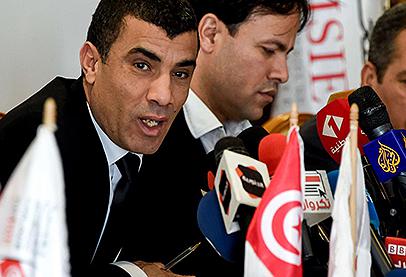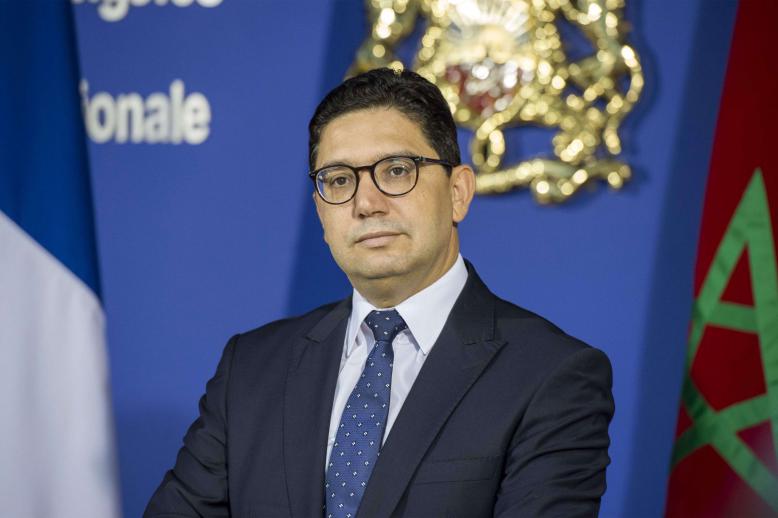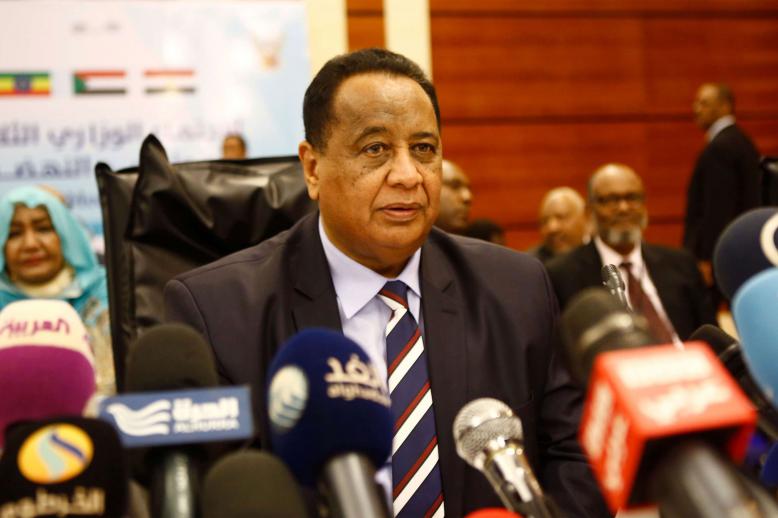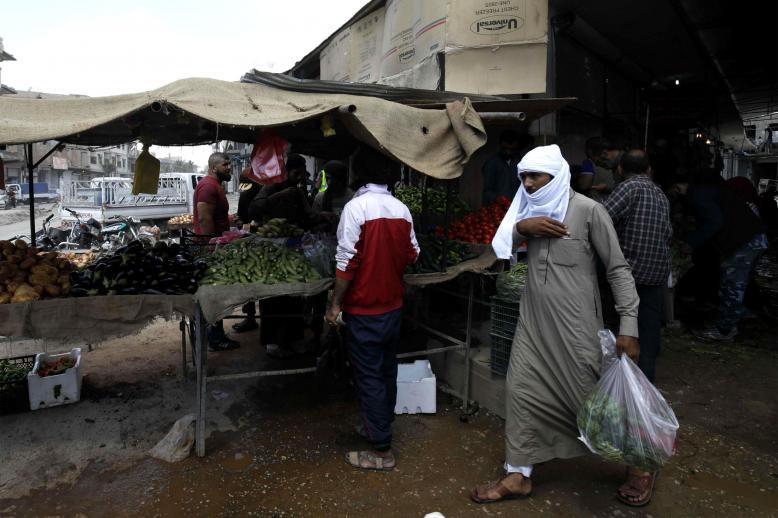Tunisia’s local election prospects spark self-searching among modernists

Tunisia’s Islamist party Ennahda fielded more candidates than any other political party for municipal elections scheduled for May. The filings prompted serious self-examination among modernists about the political significance of those numbers as well as about the ability of secularists to broaden their bases of support and counter the reach of Islamists.
Ennahda presented 350 lists of candidates for the 350 municipalities. It was followed by secularist Nidaa Tounes party, with 345 lists, in an illustration of the polarisation of the political landscape and the organisational ability of the Islamists.
Nidaa Tounes and Ennahda are perceived as the main political actors in Tunisia. Ennahda has 69 deputies, the highest number of members in parliament. It is a partner in the coalition government led by Nidaa Tounes, which has 56 parliamentary members after losing about 30 deputies to other factions because of leadership infighting.
The two parties forged an alliance after the parliamentary elections in 2014 despite their many political differences.
Nidaa Tounes said it would compete in the municipal elections as a rival to Ennahda, which was formed as a political group in the 1970s as an affiliate of the Muslim Brotherhood. Currently, it denies any link.
Outside the two main parties, there are several other formations with lower numbers of candidates. The leftist Popular Front, considered the fiercest opponent of the Islamists, presented 119 lists of candidates and the centrist Free Destourian Party presented 31 lists. The latter is a relatively new formation that competes with Nidaa Tounes over ideological affiliation with the legacy of modern Tunisia’s founder Habib Bourguiba.
The lists were approved March 3 by the High Independent Elections Authority ahead of the election campaign, scheduled for April. The vote is set for May 6.
A total of 2,173 lists of candidates will be vying for 7,287 seats in the 350 municipalities, official figures indicate. A total of 57,020 candidates representing 25 political parties and more than 700 lists of civic activists are running as independents.
Analysts said the high number of candidates is an encouraging sign that there is strong support for the electoral process among Tunisians despite the social and economic hardships of the country’s democratic transition and the disappointment of many with the performance of the eight successive governments since 2011.
They are hoping the large number of diverse candidates bodes well for the competitive spirit of the elections despite warnings of voter apathy, analysts said.
Less optimistic experts said the municipal elections might allow Islamists to expand their base of support and use the democratic process to carry out their agenda of the Islamisation of society.
They argue that the Islamists want to repeat the experiences of Islamist movements in Turkey and Algeria by adopting a long-term strategy of double discourse and self-serving appeasement.
Many of them see the municipal elections as a test run for Ennahda’s ambitions regarding legislative and presidential elections scheduled for next year.
“The vote is not only the real barometer of Ennahda’s readiness for the next presidential and parliamentary elections but it also gives it an open ground to strengthen itself within the country to control the mechanisms of the whole political game,” said political analyst Walid Ferchichi.
“If Ennahda is copying the Turkish Islamist experience that allowed (Turkish President Recep Tayyip) Erdogan and his party to rule Turkey for so long, the result in Tunisia will not be different,” he added.
Ennahda’s leaders said allegations that they have a hidden agenda are spread by “political forces which are opposed to democracy.”
“Ennahda is and will remain a political force for stability and participation. Competing should remain a democratic and civilised race with programmes aimed at resolving the problems of the population because the municipal action is to resolve peoples’ problems,” said Abdelkarim Harouni, president of the Shura Council, which regroups main leaders of the party.
Treading cautiously, the government announced the suspension of 35 imams, who are among the election candidates, from preaching until after the vote.
Secularists in Tunisia also fret about the prospect of Ennahda controlling the majority or earning a huge plurality of the municipalities next May. They say the party could use such a victory to spread its Islamist narrative and lay the groundwork for a future power base.
Some say such fears are exaggerated. Tunisian Institute for Strategic Studies (ITES) Director-General Neji Jalloul discounted predictions that Ennahda could come in first in the municipal elections.
“Ennahda will not get more than 20% of the seats in the municipal elections. It will not come as the first party in the vote. Ennahda is the equivalent of a far-right party in Europe, no more,” he said.
Other anti-Islamist figures also dismissed fears of an Ennahda victory, saying that if such a prospect were to materialise, modernists would have only themselves to blame, and that they should instead focus on improving campaigns ahead of elections.
“Just demonising Ennahda is the programme of those who have no programme,” said university teacher and secularist intellectual Raja Ben Slama.
Sofiene Ben Hamida, a journalist with secularist views, said the real problem is the inability of many of the parties to mobilise large constituencies.
“Something has to be done to change the current situation where only 25 political parties among a total of 211 have been able to field lists for the municipal elections. I am concerned that such a situation could repeat itself in future elections,” he said.
Lamine Ghanmi is a veteran Reuters journalist. He has covered North Africa for decades and is based in Tunis.
This article was originally published in The Arab Weekly.




